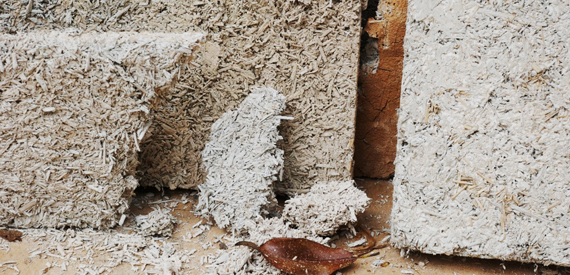Photo via Cannabis Culture
The Canadian Senate just passed an amended version of the cannabis legalization bill approved by the House of Commons last December, bringing the Great White North one step closer to legal weed. Bill C-45 — which would legalize the sale, use, possession, and limited home cultivation for any Canadian adult — passed the Senate with a 56-30 vote, with only one abstention. The bill is not yet law, however, as the Senate added 46 amendments to the legislation, which must now return to the House for approval.
The Canadian Senate is considerably more conservative in composition than the lower chamber of Parliament, causing some concern that senators would delay the process of legalization until next year. Several lawmakers argued against legalization, voicing concerns that legal weed posed too much of a risk to the country’s children, or that the country's indigenous tribes were not adequately prepared for the impacts of cannabis legalization.
The day before the vote took place, Prime Minister Justin Trudeau, who has led the push for legalization, appointed two Independent senators to vacant seats, in what some politicians believe was a bid to ensure that the bill would pass.
Appointment of 2 new Independent Senators announced last night. Swearing in ceremony announced for today. It’s almost as if Trudeau govt knows how they’ll vote on Pot Legislation tonight. #C45
— Senator Linda Frum (@LindaFrum) June 7, 2018
Although many senators expressed doubts about the exact language of the bill, or even whether or not legalization was entirely a good idea at all, the majority of lawmakers agreed that cannabis prohibition has been a complete failure. "The choice in front of us today is quite simple," Independent Senator Andre Pratte said to CBC News. "Either we believe that the current system is working…or we think that a new approach is needed."
"Thirty-two percent. That is the percentage of Canadians aged 20 to 24 who have used cannabis in the last three months, according to the Statistics Canada survey published last April," Pratte continued. "This, after a century of prohibition and hundreds of thousands of criminal charges. In my view, this puts to rest any remaining debate on the effectiveness of prohibition."
C-45 will now return to the House of Commons, who must choose to accept or change the 46 amendments to the bill. Many of these amendments add additional conservative safeguards to the original legislation. The House-approved bill contained extremely tight regulations on how cannabis can be advertised, but a new amendment would impose even tighter regulations on product marketing.
Another amendment would give individual provinces the option to “opt-out” of allowing adults to grow their own weed at home for personal use. The original bill allowed any adult to grow up to four plants per household without the need for provincial approval. Not all of the 46 amendments are of great import however — some only address technical issues or add missing punctuation to the original bill.
If the House accepts the bill as is, it must be approved by “Royal Assent,” a formality in which the Canadian monarchy sanctions the new law. After this, cannabis will be technically legal throughout the country, although it could take as long as 12 weeks before retail sales systems is fully implemented. A recent report estimates that Canadians will spend over $7 billion on legal weed next year, as nearly two-thirds of current pot consumers indicate that they intend to switch from black market grass to fully legal products once available.











